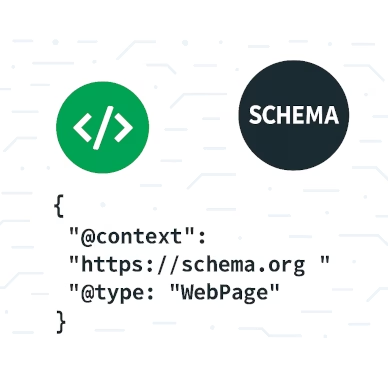This tool checks JSON syntax and common mistakes in JSON-LD schema.
It won’t validate if your schema structure follows Google’s guidelines — use it as a first-pass fixer, then test in Google’s Rich Results Test for full compliance.
-
Paste Your JSON-LD Code
Copy your schema markup (from your site, Google’s testing tool, or a plugin) and paste it into the big text area below. -
Click “Check JSON”
Hit the blue Check JSON button.
The script will scan your markup line by line. -
Read the Results
-
✅ If your JSON is valid: you’ll see a green confirmation.
-
-
Fix Your Code
Use the suggested corrections to update your JSON manually.
(Tip: Pay attention to commas and brackets — those are the usual troublemakers.) - Re-check Until It’s Clean
Paste the corrected version back in and run it again until you see the green check mark.
Tool Suites:
| SEO Tools | Server Tools | Text Tools | Development Tools | Tools | More |
If you’re dealing with schema markup, you already know how sensitive JSON-LD can be. A single missing comma or bracket is enough to break your structured data and trigger errors in Google’s testing tools. That’s where this Schema Markup Validator-Fixer page comes in. Instead of trying to hunt down the mistake by eye, you paste your JSON code and get instant feedback. The validator not only points to the exact line with the problem but also offers a suggested correction right under it, so you can see what went wrong and how to fix it.
The benefit is speed. You don’t waste time guessing, copy-pasting into multiple tools, or scrolling through blocks of code trying to find a misplaced character. Everything is highlighted line by line, which means you get clarity in seconds. It’s especially handy if you’re working with auto-generated schema from plugins or themes, where errors slip in without you even touching the code.
First and foremost, this tool grants you full control. With the errors fixed, the cleaned schema can now be tested in Google’s Rich Results Test without a worry in the world-about syntax, that is. This is one less hurdle between you and valid SEO-ready schema that search engines will consider.


